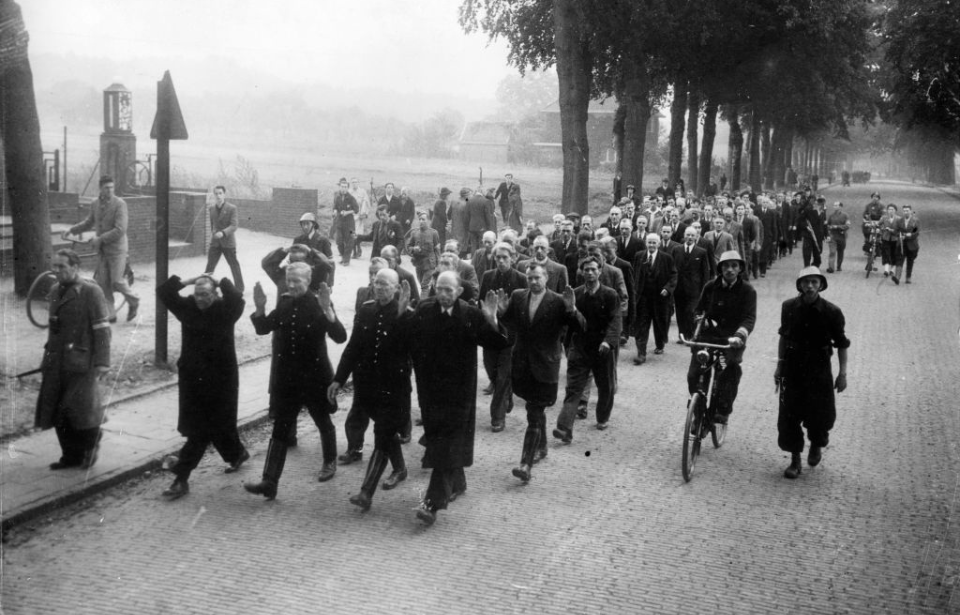For the first time, the names of 425,000 individuals who collaborated with the Germans during the occupation of the Netherlands in World War II have been made available online. The names were collected by a special legal system that was established close to the end of the conflict, with the records previously available only through an in-person visit to the Hague.
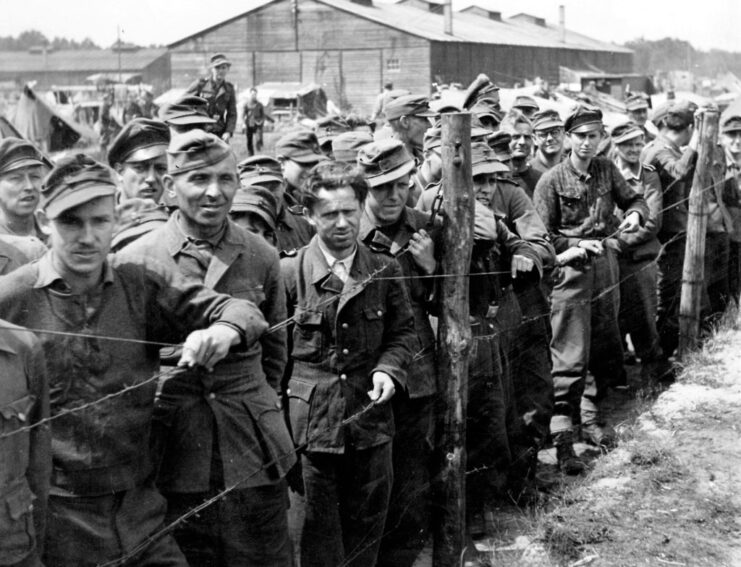
The German occupation of the Netherlands spanned the majority of the Second World War, from 1940-45. On May 10, 1940, the country was invaded alongside Belgium and Luxembourg, despite its stance on neutrality. While the invading troops faced much resistance, they were able to advance at a very rapid pace, which, when paired with the bombing of Rotterdam, ultimately led the Dutch to surrender.
As in other occupied countries throughout Europe, there were individuals in the Netherlands who aided the Germans. Known as “collaborators,” they joined the German Armed Forces, outed Jewish citizens who’d gone into hiding and provided goods to help sustain the German war effort, among other activities.
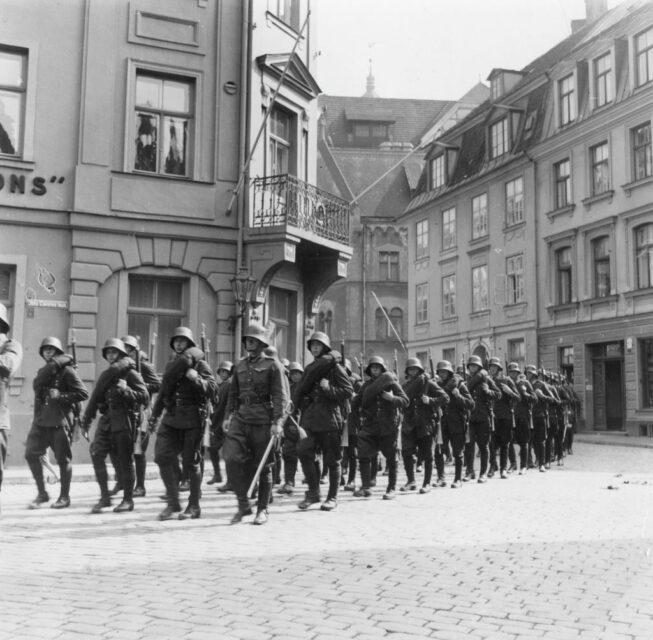
The newly-digitized documents, consisting of 32 million pages, are held by the Dutch National Archives and reveal that, of the 425,000 names listed, only around 150,000 were punished for their collaboration. The law that restricted public access to the documents’ expired on New Year’s Day, allowing the War in Court project to release them online.
Several personal details are revealed in the files, including names, birth dates and places, and addresses, along with references to police and court cases. However, the Dutch government has prevented the publishing of full case files, which will continue to only be accessible at the National Archives, with those requesting to see them requiring a declaration of legitimate interest.
The names of those who may still be alive have not been posted. The documents also reveal the names of those who were found innocent after investigations into their wartime activities.
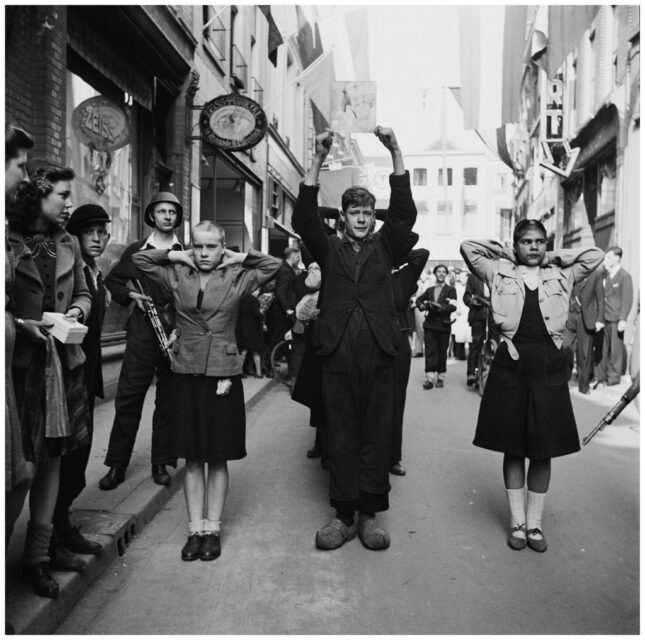
The decision to publish them to the internet has drawn criticism from both the families of the accused, as well as the descendants of victims, with The Telegraph reporting that there were concerns that the documents could “reignite old tensions and stigmatise individuals linked to the dark history of Dutch collaboration.”
Critics also argue that releasing the names without the full context of the cases will further increase this stigma. However, those who support the decision say it’s a much-needed step that’ll allow the Netherlands to face a troubling part of its history.
Speaking to the BBC, the Huygens Institute, which helped digitize the records, said, “This archive contains important stories for both present and future generations. From children who want to know what their father did in the war, to historians researching the grey areas of collaboration.”
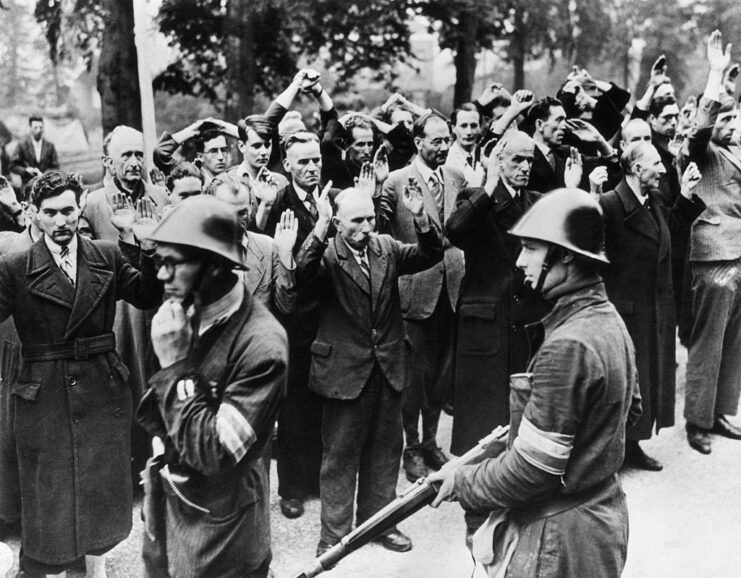
More from us: Who Are the Latest Korean and Vietnam War Veterans to Receive the Medal of Honor?
Want War History Online‘s content sent directly to your inbox? Sign up for our newsletter here!
It’s estimated that around 100,000 Dutch Jews perished during World War II.
